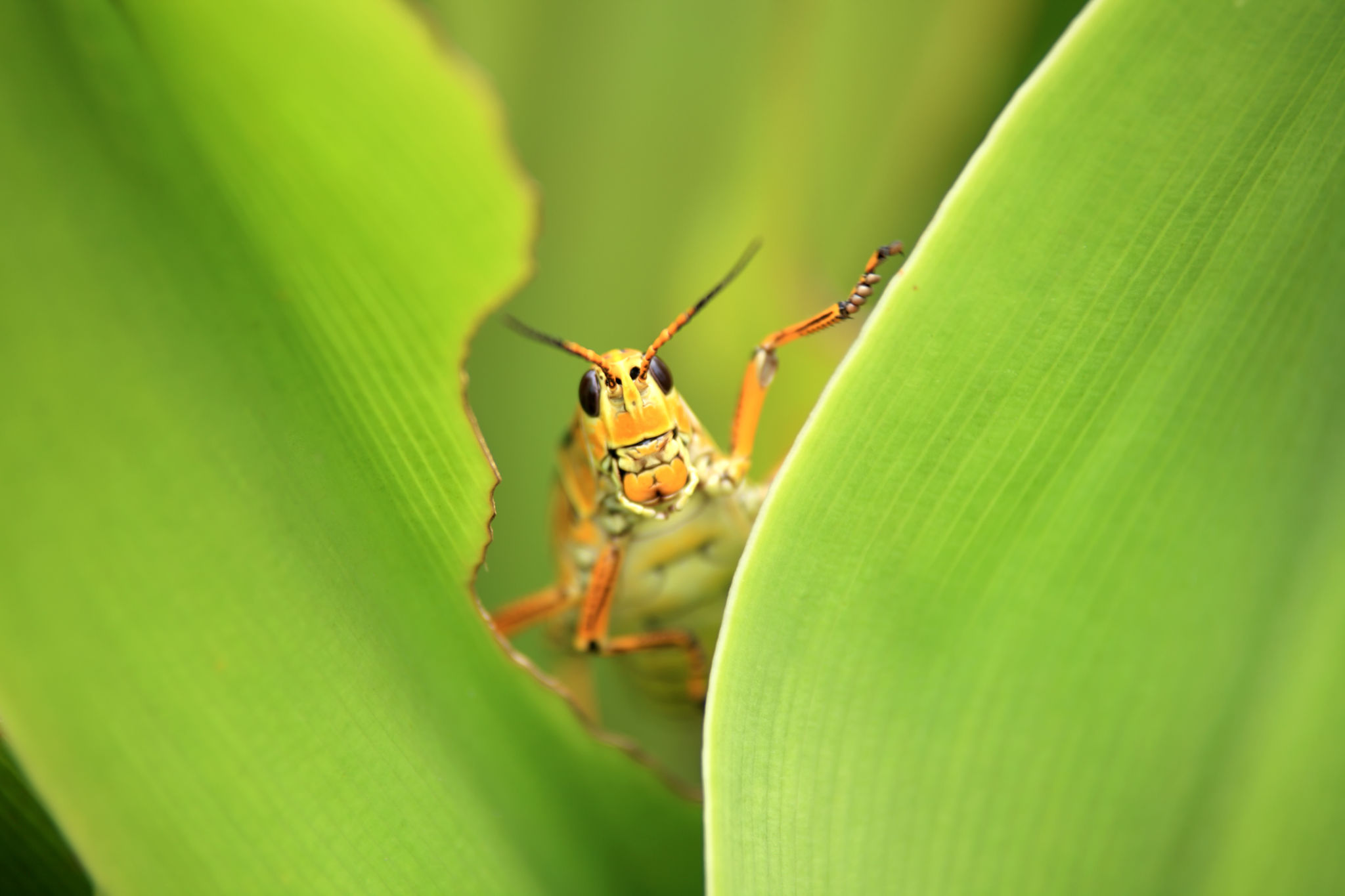Maximizing Your Lawn's Health: Insights from Turf Management Experts in Wilmington
Understanding Your Lawn's Needs
Maintaining a lush, green lawn in Wilmington requires understanding the specific needs of your turf. The region's climate, soil composition, and common grass types all play a role in how your lawn should be cared for. According to turf management experts, the key is to tailor your approach based on these factors.
One of the primary considerations is the type of grass you have. Common varieties such as Bermuda, Zoysia, and Fescue each have unique requirements for watering, mowing, and fertilization. Knowing your grass type will help you determine the best care practices to ensure it thrives year-round.

Soil Health and Fertilization
The foundation of a healthy lawn starts with the soil. Regular soil testing can reveal nutrient deficiencies and pH levels that need adjusting. Experts recommend conducting soil tests at least once a year to ensure your lawn is getting the necessary nutrients.
Once you have your soil analysis, you can choose the appropriate fertilizer. A balanced fertilizer will replenish essential nutrients like nitrogen, phosphorus, and potassium. Applying fertilizer at the right time of year is crucial; for most grasses in Wilmington, early spring and fall are ideal times for fertilization.

Watering Wisely
Watering practices significantly impact your lawn's health. Overwatering can lead to shallow root systems and increased susceptibility to pests and disease, while under-watering can cause grass to become dry and brittle. Turf management experts suggest watering deeply but infrequently to promote deep root growth.
The best time to water your lawn is early morning when temperatures are cooler, reducing evaporation. A general rule of thumb is to provide your lawn with about one inch of water per week, either from rainfall or supplemental irrigation.

Mowing for Success
Proper mowing techniques are essential for maintaining a healthy lawn. The height at which you mow depends on your grass type; for instance, Bermuda grass usually thrives when kept between 1-2 inches tall, while Fescue prefers a height of 3-4 inches.
Experts recommend mowing frequently enough that you're not removing more than one-third of the grass blade's height at a time. Ensuring your mower blades are sharp will also help prevent damage to the grass and promote a cleaner cut.
Pest and Weed Management
Dealing with pests and weeds is a common challenge for Wilmington homeowners. Integrated pest management (IPM) strategies can help you address these issues effectively while minimizing the use of harmful chemicals.
Start by identifying the specific pests or weeds affecting your lawn. This knowledge allows you to select targeted treatments that are both effective and environmentally friendly. Additionally, maintaining a dense, healthy lawn can naturally reduce weed problems by minimizing open spaces where weeds can take root.

Seasonal Care Tips
Each season brings unique challenges and opportunities for lawn care. In spring, focus on aeration and overseeding to help your lawn recover from winter dormancy. Summer requires vigilant watering and pest management, while fall is the perfect time for fertilization and preparing your lawn for the colder months.
By following these seasonal tips and adapting them to Wilmington's climate, you'll ensure that your lawn remains healthy and vibrant throughout the year. Proper planning and care can transform your yard into an inviting oasis for family gatherings and outdoor enjoyment.